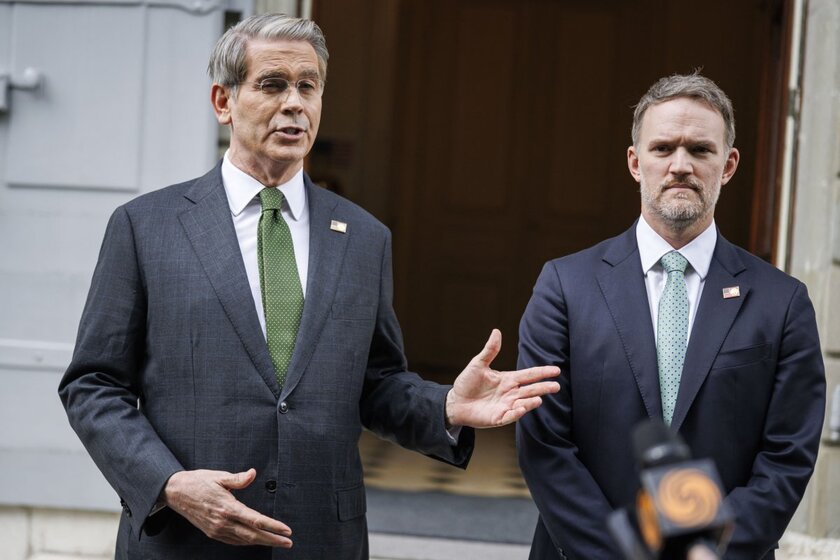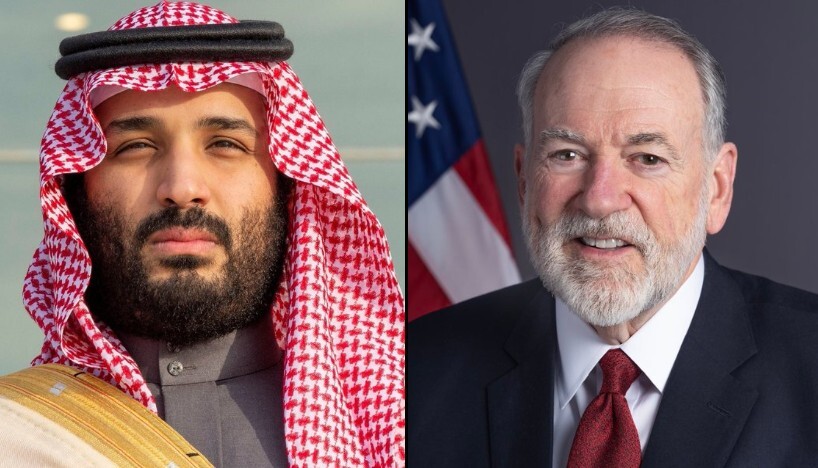The United States and China have agreed to a 90-day pause on their trade war, with both sides reducing tariffs significantly, from 145% to 30% and 125% to 10% respectively. This move is intended to ease the economic strain and allow for further negotiations to address trade imbalances and market access issues.
The 20% duties on Chinese imports related to the fentanyl crisis will remain in place, which keeps the total US tariff on Chinese goods to 30%.
Treasury Secretary Scott Bessent and U.S. Trade Representative Jamieson Greer led the trade talks with China in Switzerland on May 8 and 9. The meetings were aimed at de-escalating the trade tensions between the United States and China, which had escalated following the tariffs tit-for-tat.
The talks which took place in Geneva, involved Vice Premier He Lifeng of China, who is the top economic official for China-U.S. economic and trade matters. Both sides expressed cautious optimism about the talks, with Bessent saying that the goal was to de-escalate the situation.
The talks were seen as a significant step towards potentially resolving the ongoing trade war between the two countries. Bessent said in a statement that "neither side wants a decoupling" and that the goal is to achieve more balanced trade.
“We have reached an agreement on a 90-day pause and substantially move down the tariff levels. Both sides on the reciprocal tariffs will move their tariffs down 115%,” Bessent told reporters in Geneva.
However, the US has identified several strategic industries and supply chain vulnerabilities, and will continue to work towards US independence or reliable supplies from allies in these areas.
The agreement also includes plans for alternating talks in China and the United States in the coming weeks to continue discussions on economic and trade relations.
Remarking on the trade deal at the White House following his signing of the executive order on drug pricing Monday, The US President Donald Trump announced a "total reset" in relations with China and expressed plans to speak with Chinese President Xi Jinping, possibly by the end of the week.
"Yesterday, we achieved a total reset with China. After productive talks in Geneva, both sides now agree to reduce the tariffs imposed after April 2nd to 10% for 90 days as negotiators continue on the largest structural issues." Trump told reporters at the White House.
The agreement has led to a surge in US stock futures Monday, and a stronger dollar, reflecting investor optimism. The trade war had previously led to a significant drop in trade activity between the two nations, with both sides imposing high tariffs that effectively acted as an embargo.
This agreement marks a significant reset sought by Trump who has accused China and other nations of taking advantage of the US on trade and other issues. The commercial conflict had raised fears of a global recession and higher inflation, sparked by panicked rhetoric from Wall Street speculators.
The Trump administration has made it clear that it's "focused on the main street (and the working class) rather than on Wall Street speculators and globalists" who have profited from excess government spending and biased Federal Reserve interventions in the past four years under the Joe Biden administration.















